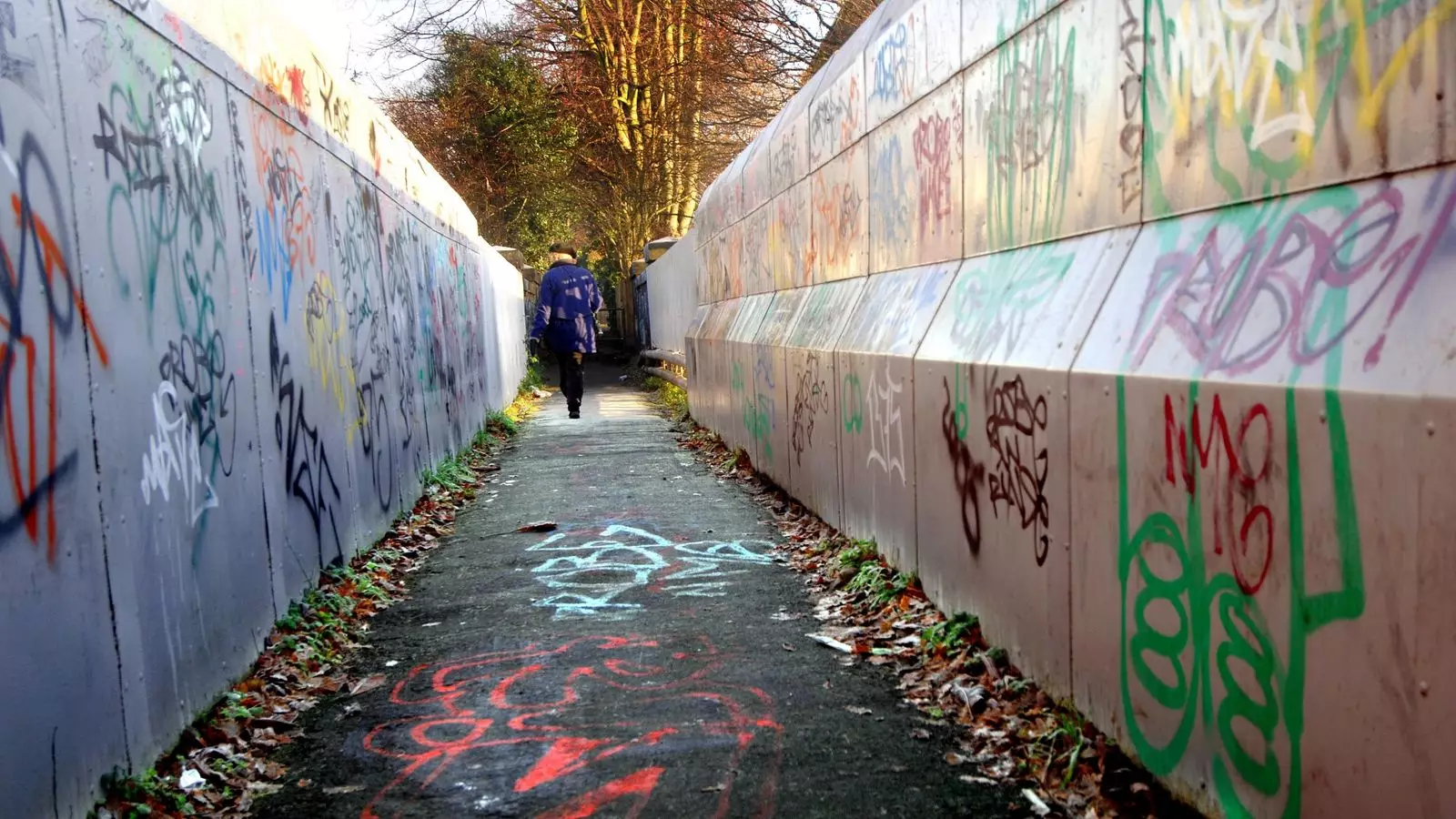In recent years, anti-social behaviour (ASB) has emerged as a critical issue for communities across England and Wales, with reports indicating that nearly a million incidents were recorded just last year. These actions not only disrupt public order but also foster an environment of fear and insecurity among residents. To combat this growing problem, the government has unveiled a series of measures aimed at curbing irresponsible behavior, primarily through the introduction of “respect orders”. These measures, outlined in Labour’s election manifesto, reflect a commitment to restoring law and order in communities that have suffered from ASB for too long.
The proposed respect orders bring a range of penalties for individuals who disregard community standards. Offenders face potential jail time of up to two years, with the added risk of facing substantial financial penalties. Courts could enforce measures such as community service, curfews, and mandatory attendance in rehabilitation programs. The underlying goal is to not only sanction those who engage in troubling behaviors but also to address the underlying issues that contribute to such actions, whether they be psychological or substance-related.
The Home Office has emphasized that these orders are designed as a proactive approach to stop ASB before it escalates. This initiative aligns with Home Secretary Yvette Cooper’s assertion that certain neighborhoods are burdened with persistent disturbances that wreak havoc on everyday life. By tackling these issues head-on, authorities aim to bring relief to victims and reinforce public confidence in law enforcement.
One of the notable features of the proposed legislation is the empowerment of local authorities and police to act against habitual offenders. If approved, councils will be granted the ability to prohibit persistent offenders from entering certain public spaces, such as town centres. Moreover, police officers will have the authority to act without prior warnings—particularly in seizing vehicles involved in ASB, a significant step aimed at curtailing the misuse of motorbikes and e-scooters in public areas.
These measures signal a shift in how communities manage public order, promoting a more assertive and preventative stance rather than merely reactive policing. As Deputy Chief Constable Andy Prophet noted, respect orders could revamp the ability of law enforcement and local councils to create safer environments for everyone.
While the measures have garnered praise from various groups, including victim support charities like ASB Help, indicating a positive shift toward rehabilitation-focused strategies, there are concerns regarding the practical implementation of such orders. Questions remain about how these orders will be enforced and whether they can sustainably reduce ASB over time, or merely displace it to other areas.
The introduction of respect orders represents a fundamental moment in the fight against anti-social behaviour; it holds the potential to reshape community interactions significantly. However, as these policies move toward trial implementation, careful oversight will be crucial to ensuring that they function as intended, genuinely benefiting public safety and community integrity.


Leave a Reply